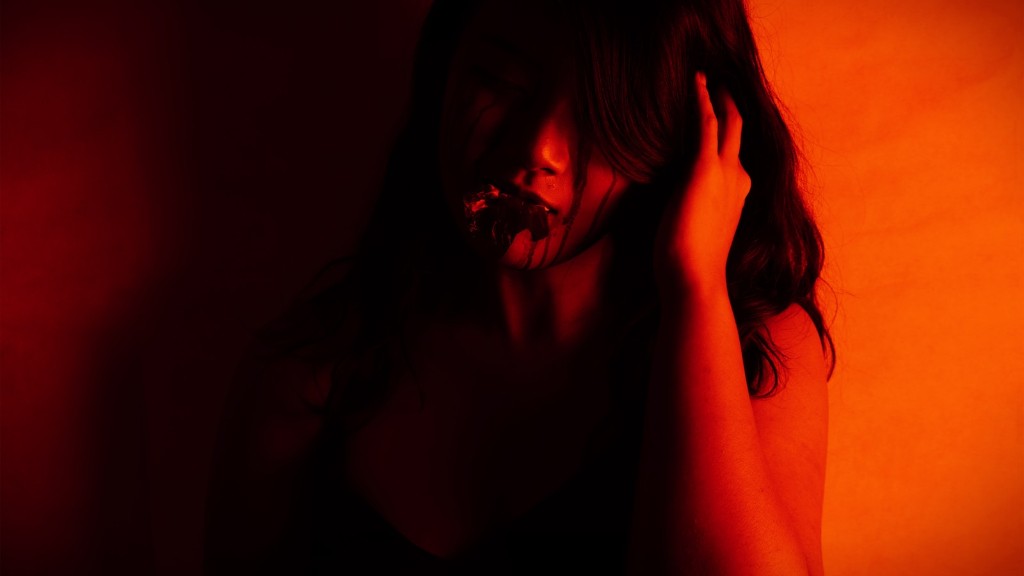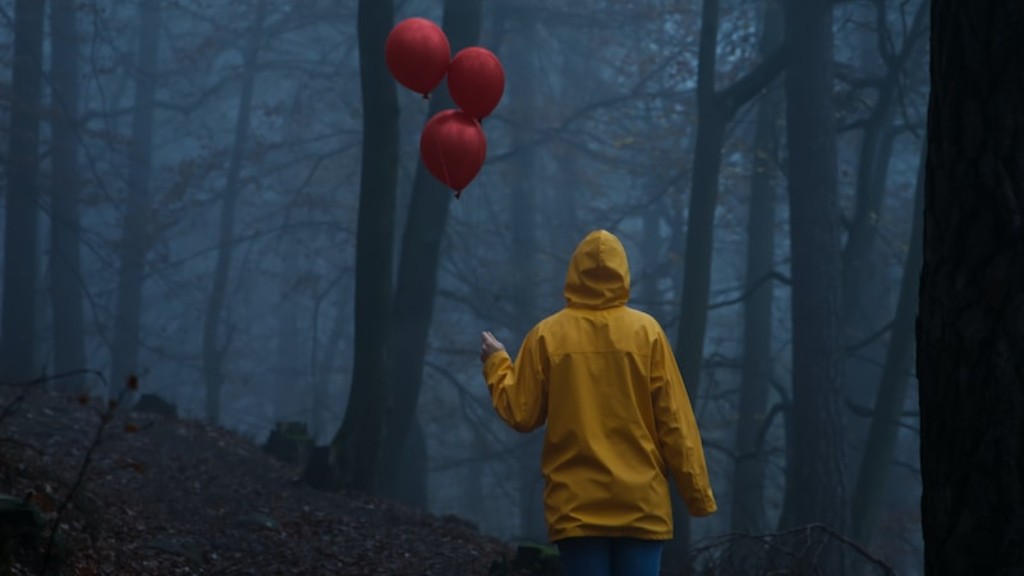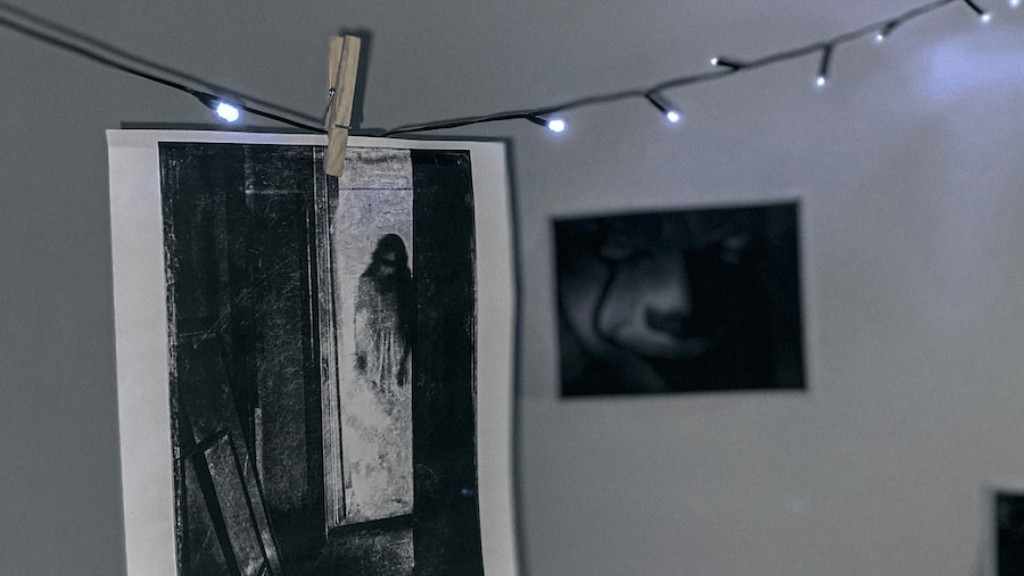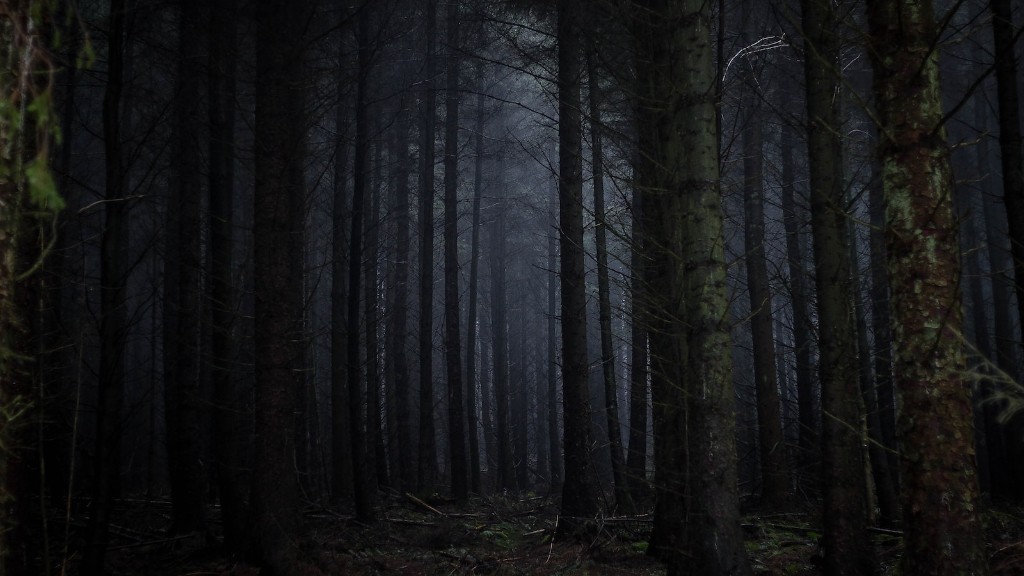Horror movies have been around for decades, and their popularity shows no signs of waning. But what effect do they have on the mind? Some say that horror movies are a harmless form of entertainment, while others believe that they can have a major impact on the way we think and feel. So, what is the truth?
Horror movies have a profound affect on the mind. They change the way we think about the world and our place in it. They make us question our perceptions of reality and our assumptions about the safety of the world around us. Horror movies can also cause us to feel more anxious and stressed, and can even lead to nightmares.
What is the psychological effect of horror movies?
Horror entertainment can be a great way to get a adrenaline rush. It can also help you to process your surroundings and figure out that the experience is not a genuine threat. This knowledge of personal safety is one reason horror fans habitually watch scary movies.
It’s good to know that horror fans are more psychologically resilient during the pandemic. It makes sense that movies like Contagion would serve as a sort of practice simulation for the real thing. It’s good to know that people are able to find some resilience in these difficult times.
What does psychology say about people who like horror movies
Some research indicates that people with a higher sensation-seeking trait tend to seek out and enjoy horror-related experiences more. Those with a lower sensation-seeking trait may find those experiences unpleasant and avoid them.
The amygdala is a small, almond-shaped structure located in the temporal lobe of the brain. It has become best known for its role in fear processing. When we see something that scares us, the amygdala bypasses the conscious parts of the brain and taps directly into the fight or flight response. This causes a release of adrenaline and other stress hormones, which prepare our bodies to deal with the threat.
Why do people with trauma enjoy horror?
There is a lot of debate surrounding the addiction to trauma, with some people believing that it is tied up in biology. That is, the films rev up the body’s sympathetic nervous system, inducing stress and anxiety. In some, the stress is a welcome thrill. The payoff comes when the movie is over. However, there is no clear evidence that this is the case and it is still largely a matter of speculation.
PTSD symptoms are often triggered by exposure to media, television, movies, or pictures that remind the individual of the trauma. While media exposure cannot cause PTSD, it can exacerbate symptoms in individuals who are already struggling with the disorder. Symptoms of PTSD include intrusive distressing recollections of the event, flashbacks, and nightmares. If you are struggling with PTSD, it is important to seek professional help in order to manage your symptoms and heal from the trauma.
What personality type likes horror movies?
It is interesting to note that low neuroticism and high sensation seeking were found to be better predictors of horror movie preference. This study highlights the connection between personality traits and preference for horror movie genre. It would be interesting to further investigate this connection in order to better understand why some people prefer horror movies.
Horror preference and enjoyment of horror seem to be linked to certain personality traits and cognitive/affective traits. These include sensation seeking, empathy, theory of mind, need for affect, the dark tetrad, and personality. Other individual differences that may be influential include age and sex.
Why is horror addictive
Horror is such an addictive genre because it is so exciting. The build-up to the scares and the impact of the scares is usually much greater than in any other genre. And it really responds to human nature. We all like to be scared sometimes, to push ourselves, and to have something we are told we can’t have.
Horror fans are often misunderstood. Many people believe that they have low empathy, but this is not the case. The claim that horror fans lack empathy is rooted in a flawed interpretation of a 2005 meta-analysis. Some morbidly curious people score high in empathy. Horror fans and morbidly curious people may be less coldhearted than the average person, research suggests.
Why do people with anxiety enjoy horror?
Some people find that watching scary movies helps them to feel more in control of their own anxiety. This is because they can see the source of the fear and know that it is not real. While this may not work for everyone, it is worth a try for those who are struggling to cope with anxiety.
This is likely due to reduced activity in the amygdala, which is the region of the brain responsible for processing fear and other emotions. This reduced startle response in psychopaths may help to explain their lack of empathy and ability to remain calm in situations that would cause most people to feel fear or panic.
What is the most traumatizing horror movie
Horror movies are designed to frighten and disgust viewers. However, some films take this to the extreme, containing scenes that are so disturbing and disgusting that they will never be forgotten. The following 32 films are some of the most disturbing and disgusting horror movies ever made.
1. Hostel (2005)
2. mother! (2017)
3. Saw (2004)
4. The Thing (1982)
5. House of 1000 Corpses (2003)
6. Raw (2017)
7. The Human Centipede II (Full Sequence) (2011)
8. A Serbian Film (2010)
9. Antichrist (2009)
10. The Last House on the Left (1972)
11. Cannibal Holocaust (1980)
12. The Hills Have Eyes (1977)
13. Salo, or the 120 Days of Sodom (1975)
14. Man Bites Dog (1992)
15. Martyrs (2008)
16. Nekromantik (1987)
17. The Texas Chainsaw Massacre (1974)
18. Audition (1999)
19. The Blob (1958)
20. The Fly (1986)
21. The
When we watch horror movies, our brains release adrenaline in response to the fear and suspense. This “fight or flight” response prepares our bodies for stressful situations by increasing our heart rate and contracting our muscles. The sympathetic nervous system is responsible for this response, and it can cause physical reactions like sweating and shaking. Even though these reactions may be unpleasant, they can help us to stay alert and focused in potentially dangerous situations.
Why do depressed people love horror movies?
As described above, watching a horror movie will release adrenaline throughout your body. The adrenaline will help to stabilize your mood and decrease your anxiety and depression in the short term.
It’s interesting to think about how horror can help us with things like grief, anxiety, and depression. For someone who is experiencing a deep loss or processing trauma, horror stories can help them to feel less alone and less afraid. In a way, it’s about the survivor being able to relate to the characters in the story and seeing that they’re not the only ones who have gone through something terrible.
Is liking horror movies a trauma response
Post-traumatic stress disorder (PTSD) can be triggered by watching horror movies. In rare cases, this can also lead to the development of PTSD.
There are many ways to wind down after a long day or a scary movie. Taking a warm bath or shower, reading a book, listening to calming music, and practicing some light yoga are all great options. You can also watch a funny movie or TV show to use laughter to help distract your mind and forget the scary movie.
Warp Up
Horror movies have a profound effect on the mind. They can cause anxiety, fear, and even PTSD. Studies have shown that people who watch horror movies have increased levels of cortisol, the stress hormone. This can lead to a number of mental health problems, including insomnia, anxiety, and even depression.
Horror movies affect the mind by causing anxiety and fear. These emotions can lead to feelings of isolation and loneliness. Additionally, horror movies can cause sleep deprivation and nightmares.




